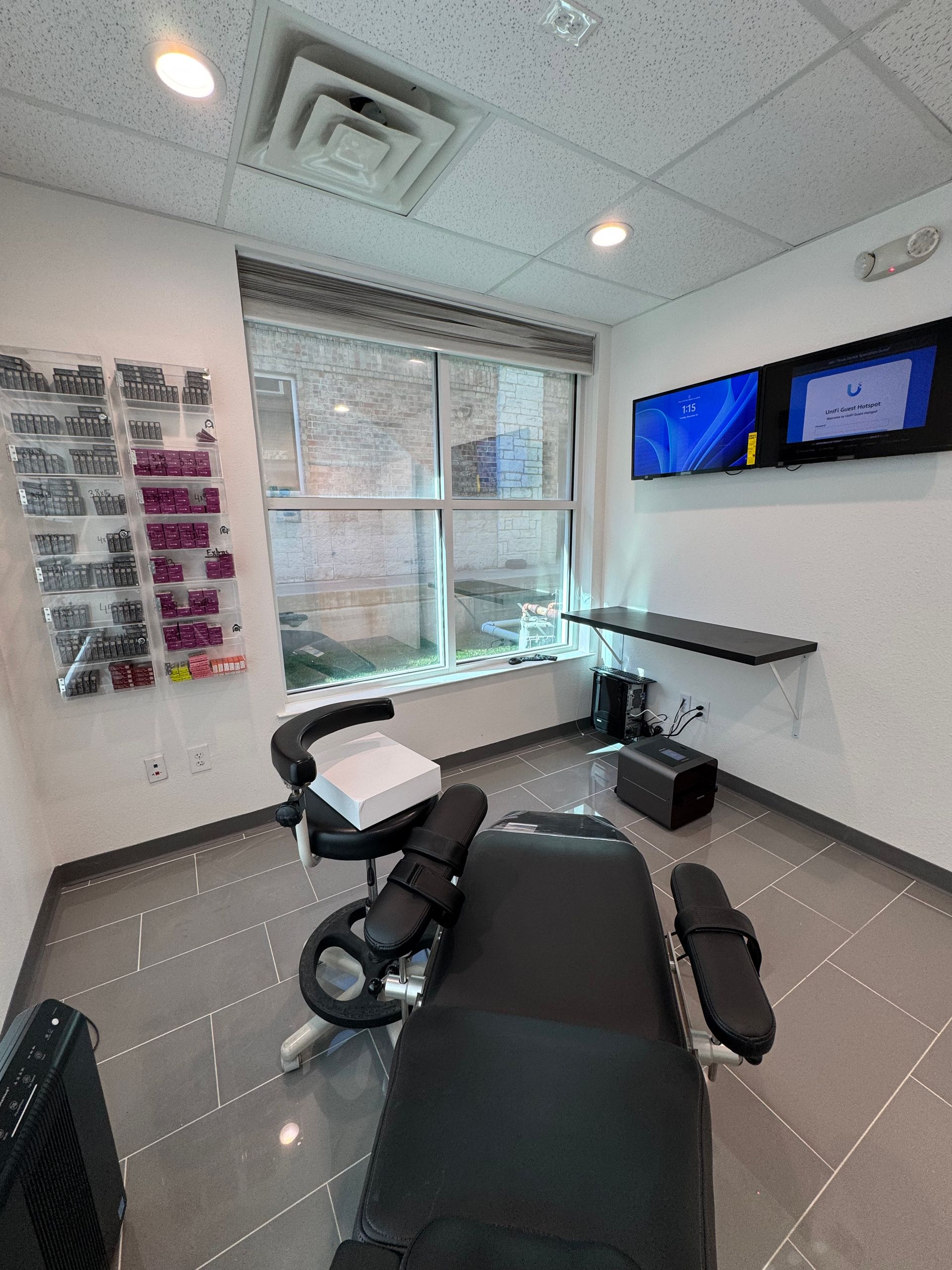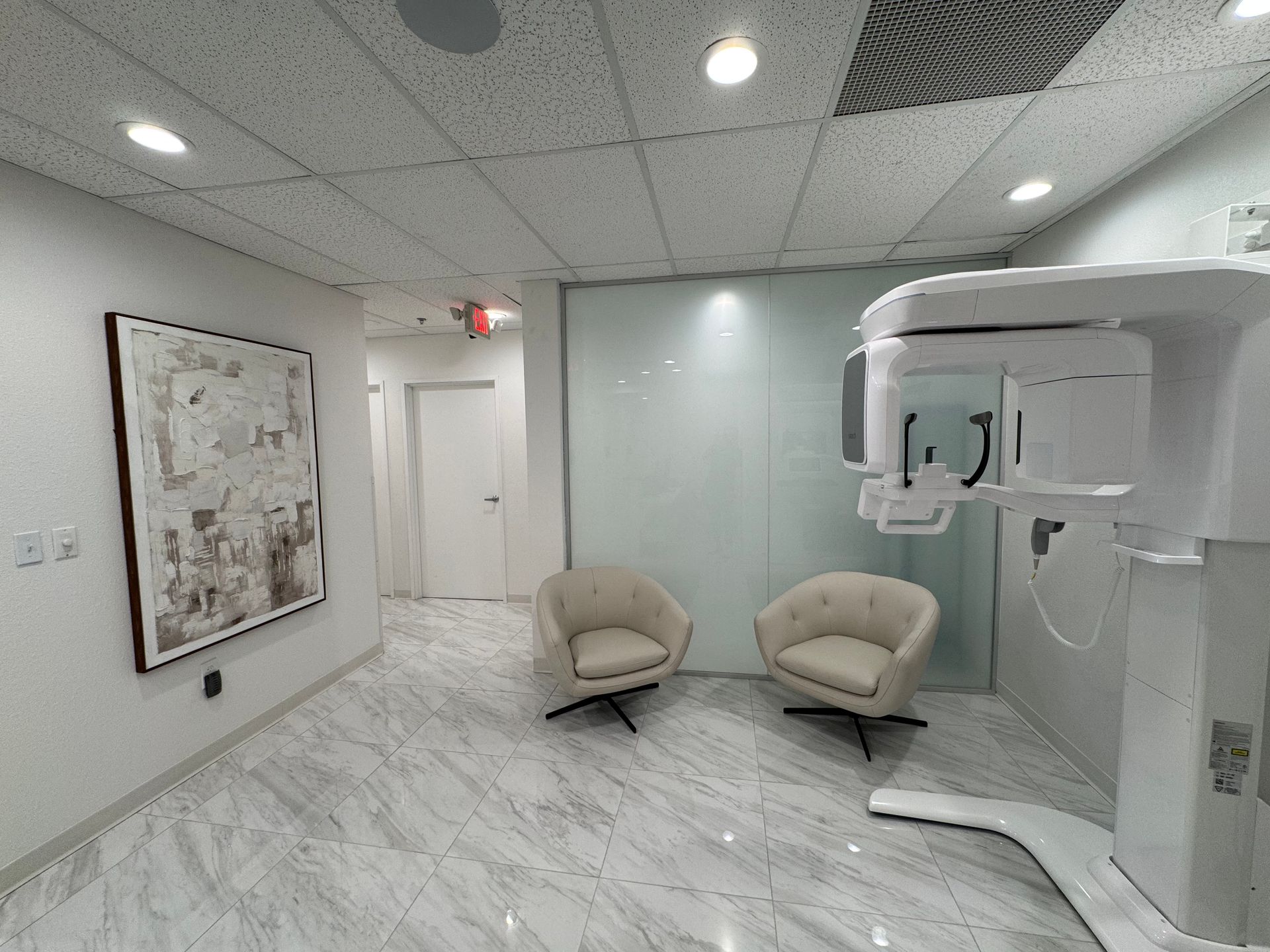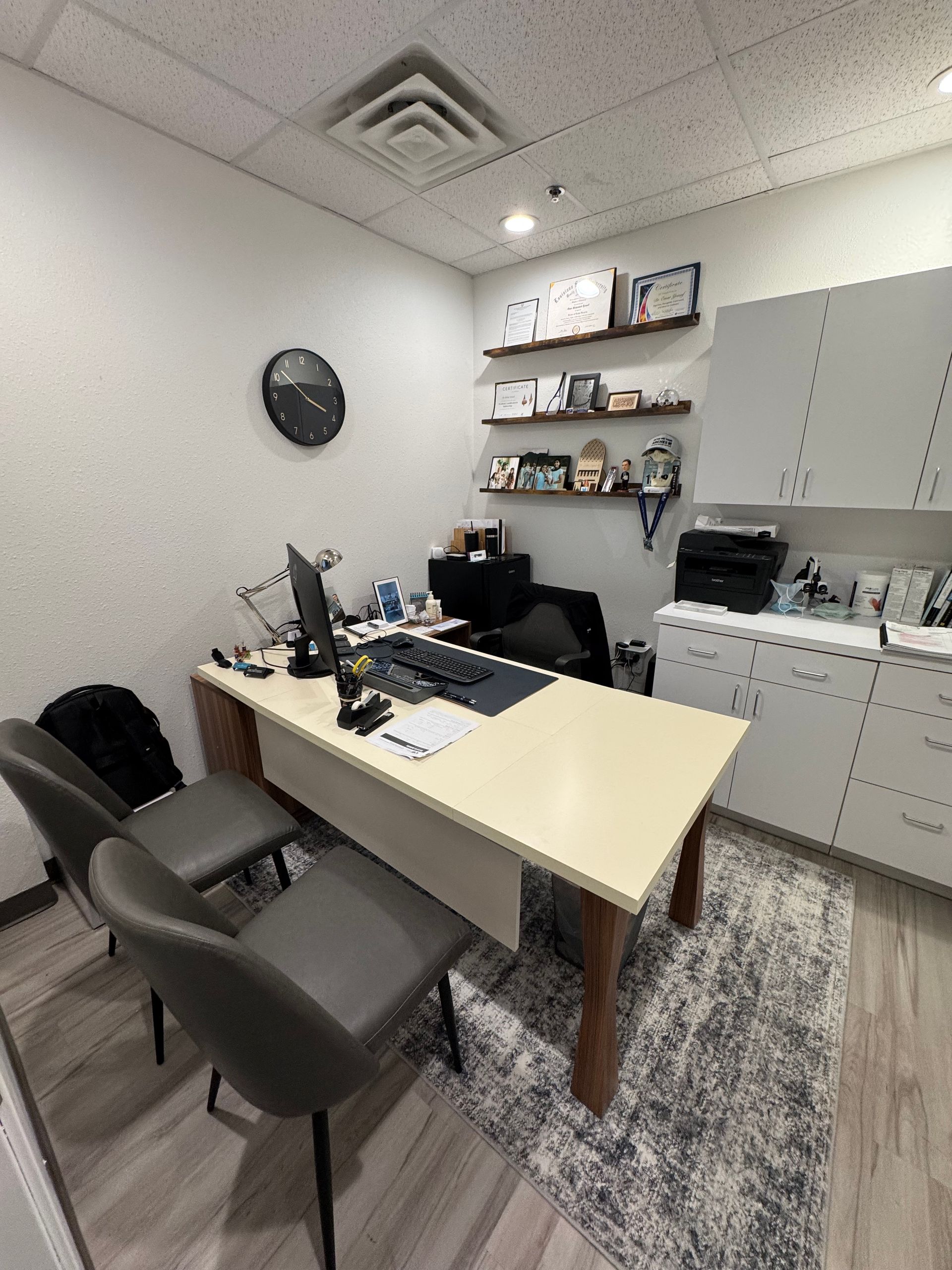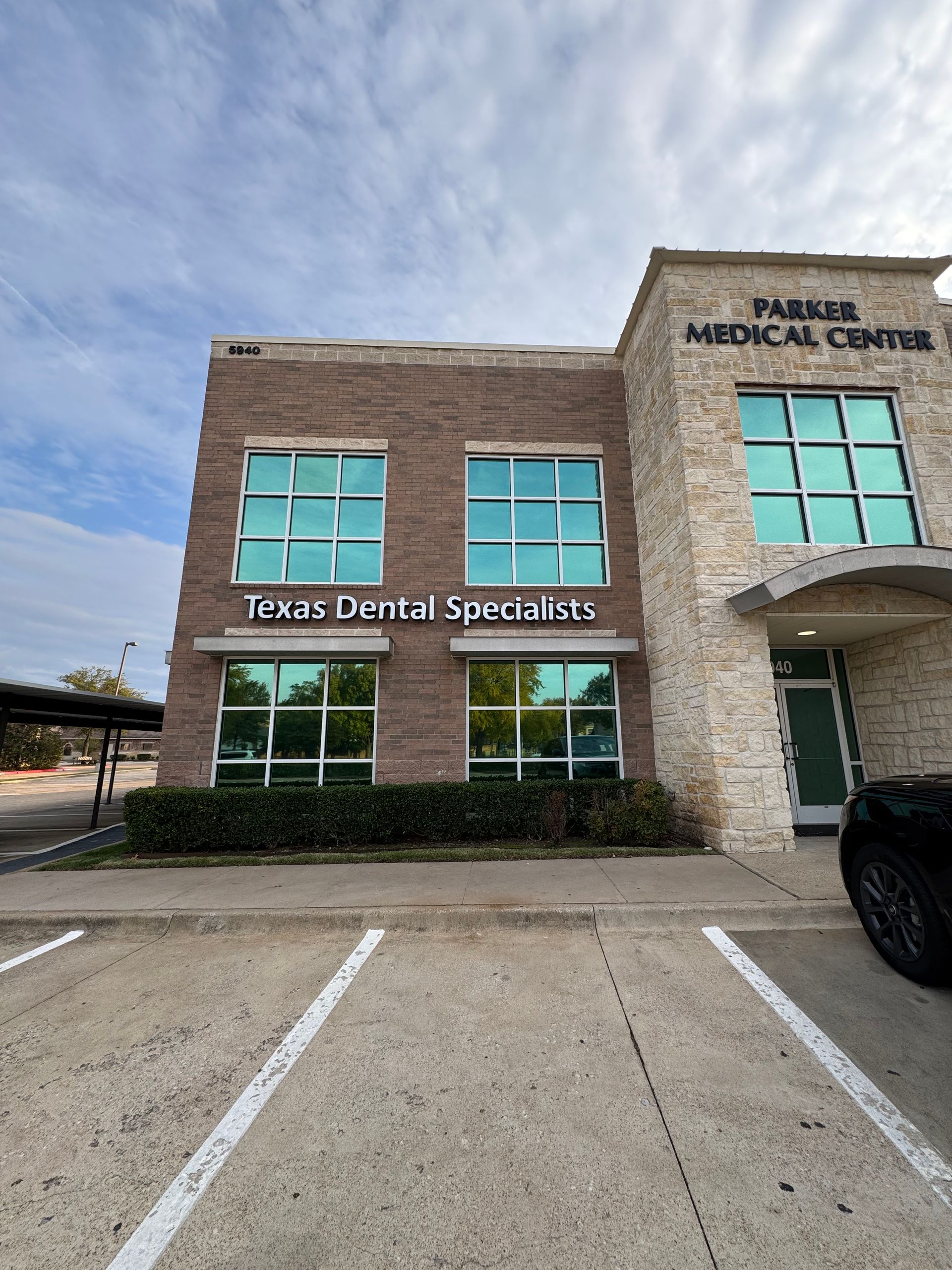What is Radiology?
Radiology is a medical specialty that uses imaging techniques such as X-ray, MRI, CT-scan, Positron Emission Tomography (PET), ultrasound and mammography to diagnose various diseases in a short duration of time. The techniques provide images of internal organs and structures to establish the exact stage of the disease. A radiologist is a medical doctor specializing in the interpretation of the results of these images.
For more information about our services or to schedule an appointment, call us at (214) 619-6329 or complete the form below we’ll get back to you as soon as we can.
What is Dental Radiology?
Dental radiology involves the use of an X-ray for detecting and treating dental problems at an early stage. Dental radiographs (X-rays) are essential, preventative diagnostic tools that provide valuable information not always evident during a regular dental examination.
Types of Dental X-ray
There are 2 types:
- Intra-oral X-ray provides the inner details of your teeth to check for cavities and other dental problems. An example is a bite-wing or occlusal X-ray.
- Extra-oral X-ray provides details of your jaw and skull to diagnose developmental abnormalities. An example is a panoramic X-ray and a sialogram.
Indications for Dental Radiography
Dental X-rays are indicated for:
- Dental cysts
- Bone loss
- Cancerous and non-cancerous tumors
- Decay between teeth
- Developmental abnormalities
- Poor tooth and root positions
- Problems inside a tooth or below the gum line
- Establishing a baseline to compare future X-rays with the present one
Preparation
There is no special preparation required. The need for dental X-rays depends on your individual dental health needs. Your dentist will recommend imaging based on a review of your medical and dental history, dental examination, signs and symptoms, and age and risk factors. You should inform your dentist if you are pregnant. It’s best to brush your teeth before you arrive for an X-ray.
Procedure
Your dentist will guide you through each step of the procedure. The common steps include:
- You will be seated upright on a chair or in a standing position.
- A lead apron is placed over your chest for your protection.
- A thyroid collar will be wrapped around your neck.
- The X-ray machine will be positioned alongside your head.
- An X-ray sensor is placed in your mouth to capture images.
- You may also be asked to bite down on a special piece of paper.
- Your dentist will instruct you to remain still during the procedure.
- The images obtained are visualized by your dentist and treatment options are discussed.
Digital X-ray
Digital radiography (digital X-ray) is the latest technology used to take dental X-rays. This technique uses an electronic sensor instead of a film to capture and store the digital image on a computer. This image can be instantly viewed and enlarged, helping the dentist and dental hygienist to detect problems more easily. Digital X-rays reduce radiation by 80-90% compared to the already low exposure of traditional dental X-rays.
How Often Should Dental X-rays be Taken?
A full-mouth series of dental X-rays is recommended for new patients. A full series is usually good for 3 to 5 years. Bite-wing X-rays (X-rays of the top and bottom teeth biting together) are taken during follow-up visits and are recommended once or twice a year to detect any new dental problems.
Are Dental X-rays Safe?
The amount of radiation exposure from a full mouth series of X-rays is equal to the amount a person receives in a single day from natural sources. Dental X-rays produce a low level of radiation and are considered safe. Your dentist takes necessary precautions to limit your exposure to radiation when taking dental X-rays. These precautions include using lead apron shields to protect the body and using modern, fast film that cuts down the exposure time of each X-ray.
Request an Appointment
For more information about our services or to schedule an appointment, call us at (214) 619-6329 or complete the form below we’ll get back to you as soon as we can.
For more information about our services, or schedule an appointment, give us a call or complete the form on our contact page.
Our reviews





